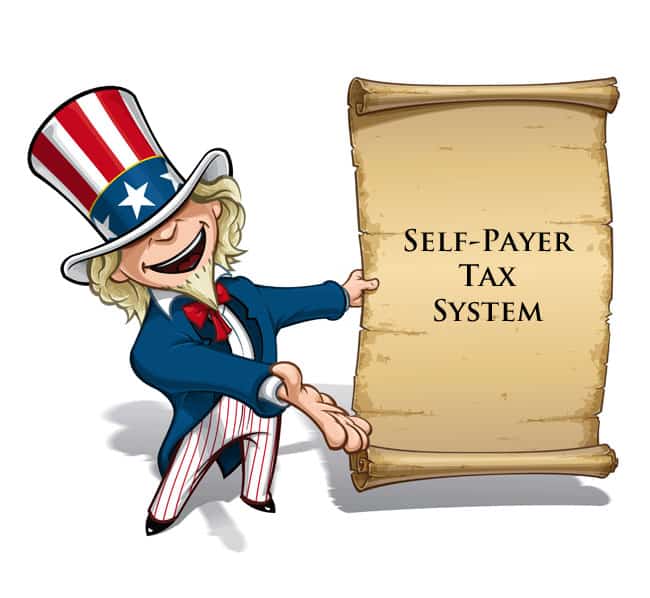 Patrick R. McElhiney believes in a tax system that is accountable to the tax payer for the resources that they use. An example that is contrary to this is a single, unmarried homeowner that does not have kids that must pay into a tax system that supports the public education of other persons' children, and there are probably other examples as well. While Patrick supports bringing down the overbearing costs of education to families, he doesn't believe that a single taxpayer should be liable to pay for someone else's services when they have not made personal decisions to utilize said services. While Patrick supports programs such as welfare and Social Security Disability, having kids is a personal decision that not all people make, and the people that decide not to have kids shouldn't be charged to send other people's kids to school - it just isn't right!
Patrick R. McElhiney believes in a tax system that is accountable to the tax payer for the resources that they use. An example that is contrary to this is a single, unmarried homeowner that does not have kids that must pay into a tax system that supports the public education of other persons' children, and there are probably other examples as well. While Patrick supports bringing down the overbearing costs of education to families, he doesn't believe that a single taxpayer should be liable to pay for someone else's services when they have not made personal decisions to utilize said services. While Patrick supports programs such as welfare and Social Security Disability, having kids is a personal decision that not all people make, and the people that decide not to have kids shouldn't be charged to send other people's kids to school - it just isn't right!
Why should one person who is successful have to pay for programs to support another person's family, when that family was in no way attributed to that individual who decided not to have a family. They may have decided for reasons such as saving the environment, or maybe they were unable to have kids. Having to pay property taxes to support other families' kids is just a reminder of personal failure, and it shouldn't be levied against the victims of these types of tax schemes. A person should pay their way in society if they are able to, and if two individuals decide to have kids, they should be able to support those kids financially - not take away from people that couldn't afford to have kids when the time was right.
Patrick McElhiney also supports the concept of paying back what you owe, when you use services when you are poor, and then you later become successful - but he doesn't support the concept of taxing one person for another person's services when the person is able to support themselves, i.e. corporate welfare. Patrick thinks that the individual should be responsible in today's economy, and that people need to get off of welfare and disability in the long-term if they can, because if they are able to work and support themselves, then there is no purpose for them to tax other people's income. The same is true with children - yet we often overlook this because they are children and are not of legal age and do not have to pay taxes.




